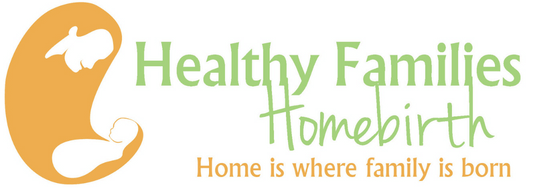

PHONE
303-718-1554
cheryl.furer@msn.com
OPENING HOURS
By Appointment Only
Menu

What is the Newborn Screening test?
The newborn screening test is a blood test that looks for disorders that are very rare but serious.
How is the test done?
The blood test is done by making a small prick on the baby’s heel. A few drops of blood are placed on a special paper and sent in for testing. (see below for comfort measures)
Why would I want the Newborn Screening test?
What does the law say?
State law requires that all babies born in Colorado be tested. Parents do have the right to refuse both or one of the newborn screenings. Colorado requires that all babies should be tested because it is felt that the potential for prevention outweighs all other issues.
When is the test done?
What happens if the test comes back positive?
If a test comes back positive, then the person that performed the test will be notified immediately. You will then be referred to a specialist to have more tests done. A positive test does not guarantee that your baby has one of these conditions. It just means that more tests are needed. Otherwise, the results take about two weeks to come back to your midwife or care provider.
How is the test paid for?
Insurance and Medicaid will pay for this test. You can also pay for it in cash. Talk to your midwife about which option is best for you.
What can I do to comfort my baby during the heel prick?
What’s the controversy? Why wouldn’t I want to do the test?
Do you perform the test or do I have to go to my doctor?
Yes, as your midwife can perform the test. I prefer to do the test between 24-48 hours after birth. Then again at the 8-10 day visit. The Health Department is also an option as a testing site.
In conclusion, the test is a simple procedure that is minimally invasive. Finding out if your child has one of these VERY rare conditions can help you provide the best quality of life your child can have.
Additional Resources:
Children with Special Health Care Needs Unit www.HCPColorado.org
March of Dimes www.marchofdimes.org
Genetics Home Reference: http://ghr.nlm.nih.gov/nbs
STAR-G Screening, Technology, and Research in Genetics www.newbornscreening.info
Resources:
Brase, T. (2009, April). Newborn genetic screening the new eugenics? The case for informed consent requirements for genetic testing, baby DNA storage and genetic research. CCHFreedom.org. Retrieved April 19, 2012, from http://www.cchfreedom.org/pdf/NBS_EUGENICS_REPORT_Apr2009_FINAL.pdf
Colorado’s Newborn Screening Program. (n.d.). Colorado Department of Public Health and Environment. Retrieved from http://www.cdphe.state.co.us/ps/hcp/nbms/NBS%20Brochure%20-%20Midwife.pdf
Kaye, C. I. (2006). Introduction to the Newborn Screening Fact Sheets. Pediatrics, 118(3), 1304- 1312. Retrieved April 19, 2012, from
http://pediatrics.aappublications.org/content/118/3/1304.full
Minnesota Department of Health. (2012, January). Newborn Screening Residual Blood Spot Storage & Use. Retrieved April 19, 2012, from http://www.health.state.mn.us/newbornscreening/research.html
Newborn Genetic and Metabolic Screening Laws. (n.d.). NCSL Home. Retrieved from http://www.ncsl.org/issues research/health/newborn-genetic-and-metabolic-screeninglaws.aspx
***This is general information. Please speak to your health care provider about your unique health
needs.

“I believe in continuity of care, which means that as your midwife, I’m here to support you throughout your pregnancy, birth, up until your baby is a toddler (really!) and beyond…”


Proud Practitioner with BeHerVillage. Create a Registry Here.
Copyright © 2022 Healthy Families Homebirth – Home is Where Family is Born | All Rights Reserved | Website by Cheryl Furer & Precy Onasa